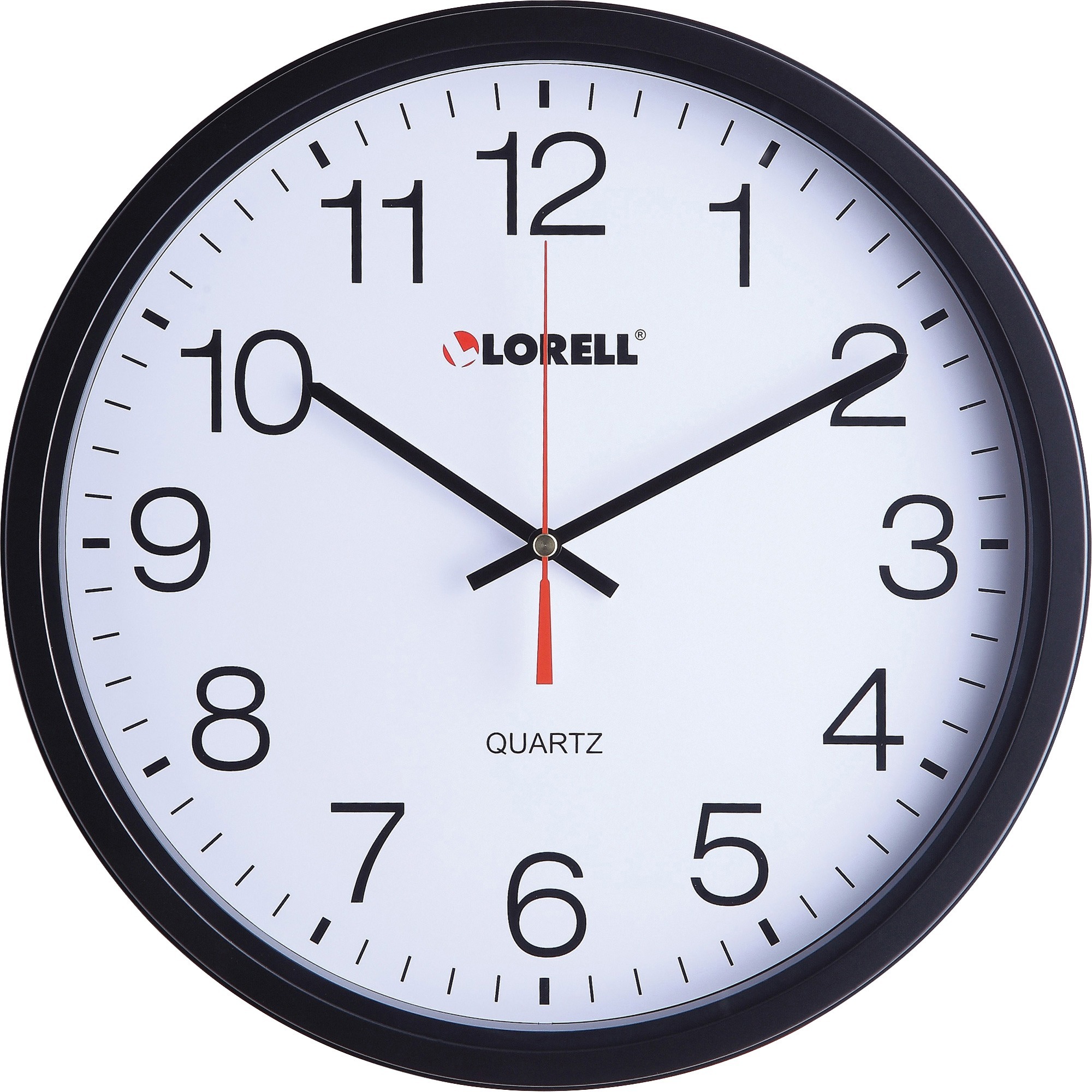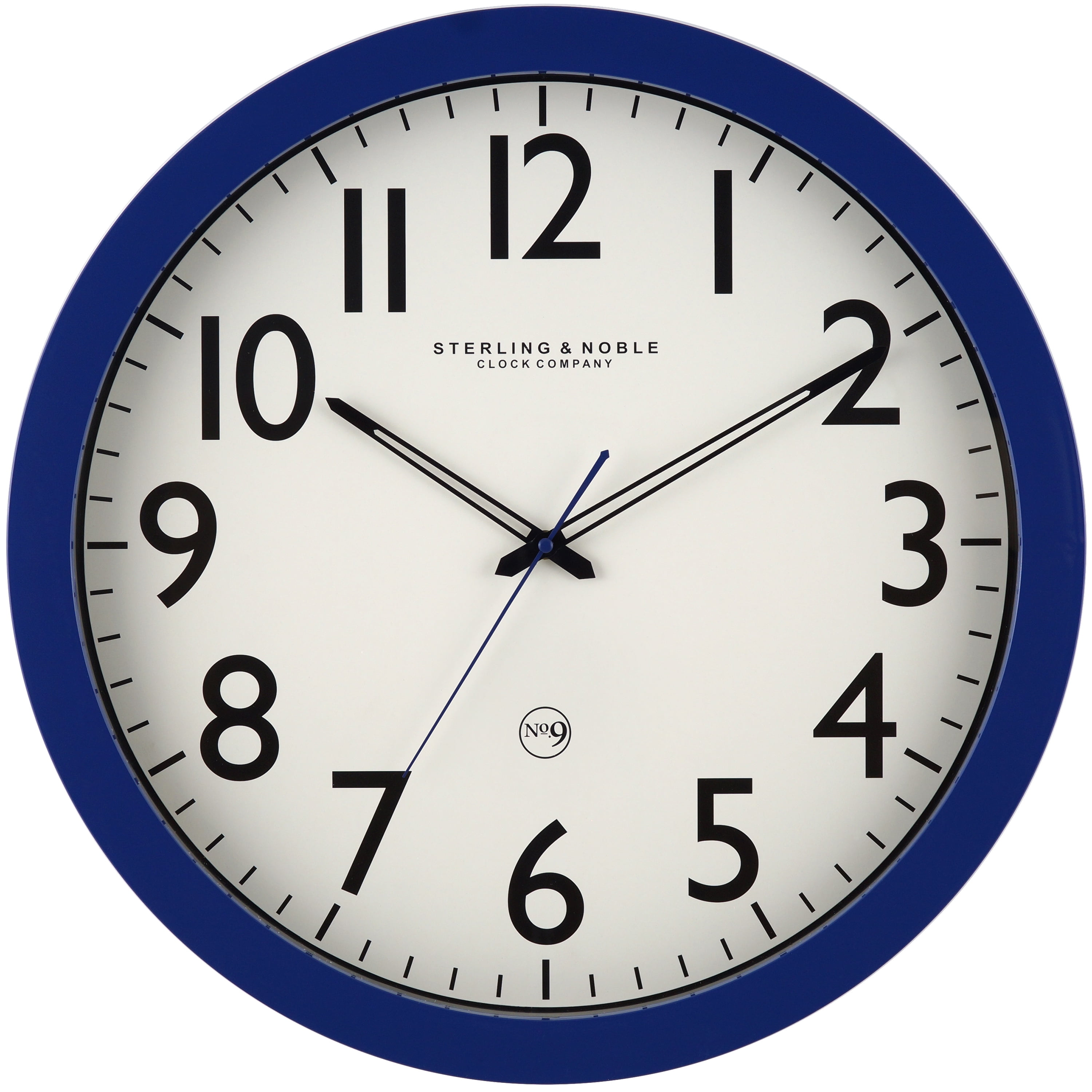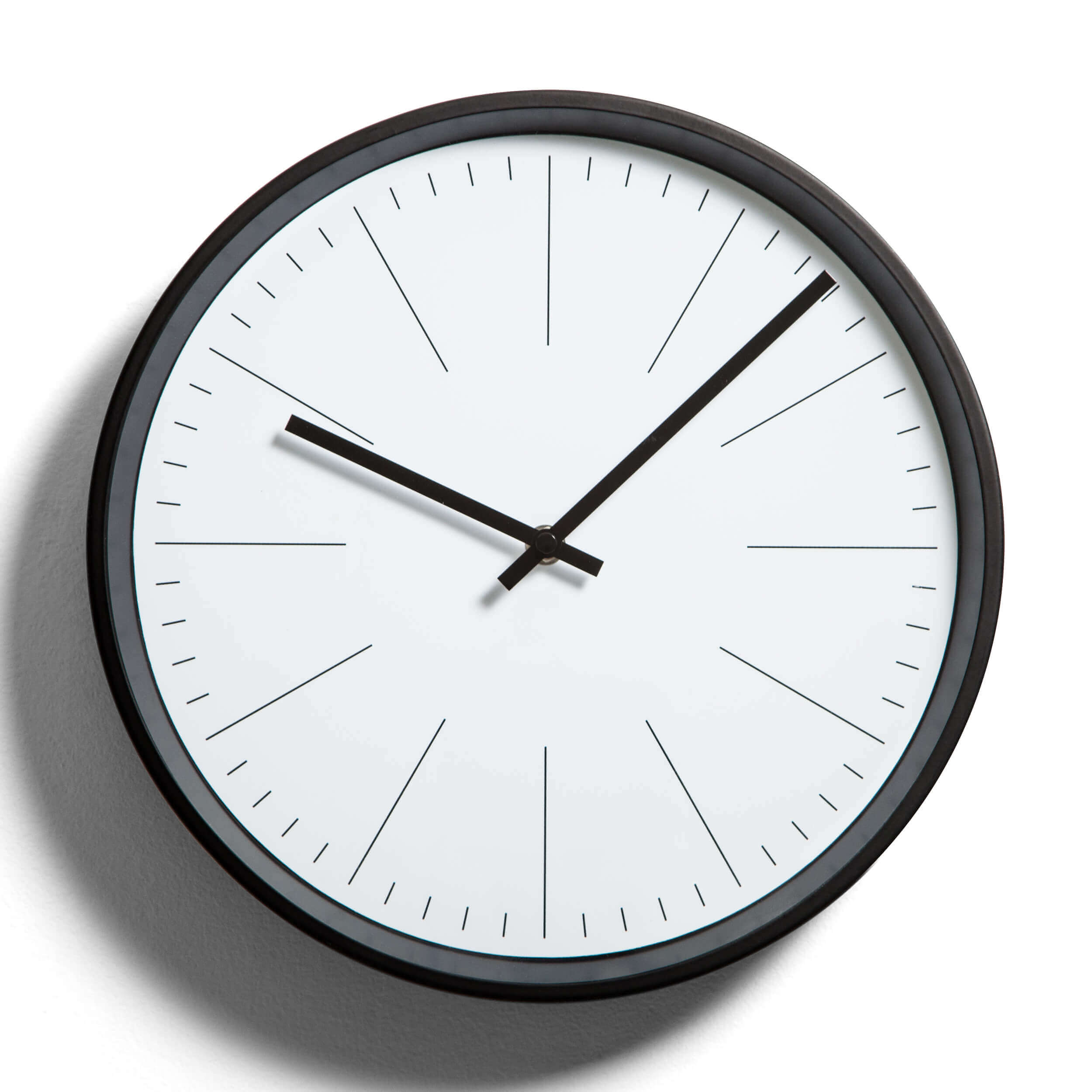Understanding the Word “Reloj”

Reloj in english – The Spanish word “reloj” means “clock” or “watch” in English. It can refer to any device that measures and displays time, from a simple wristwatch to a large grandfather clock.
Searching for the English translation of “reloj”? Look no further! “Reloj” translates to “clock” or “watch” in English. By the way, have you heard of the song “Vino Tinto Peso Pluma”? The lyrics are absolutely captivating! If you’re curious, you can check them out here.
Returning to our original topic, “reloj” is a commonly used word in Spanish, so it’s important to know its English equivalent. Keep expanding your vocabulary!
The word “reloj” can be used in a variety of contexts, including:
- Telling time: “Son las tres en punto.” (It is three o’clock.)
- Setting an alarm: “Puse el reloj para las siete.” (I set the alarm for seven o’clock.)
- Checking the time: “Mira el reloj.” (Look at the clock.)
- Describing a clock or watch: “Es un reloj muy bonito.” (It is a very beautiful clock.)
Different Types of Relojes
There are many different types of relojes, including:
- Wristwatches: Worn on the wrist, usually with a band or strap.
- Pocket watches: Carried in a pocket, usually with a chain.
- Clocks: Displayed on a wall, table, or other surface.
- Stopwatches: Used to measure elapsed time.
- Atomic clocks: The most accurate type of clock, used to calibrate other clocks.
Types of Relojes: Reloj In English

Relojes come in a wide range of types, each with its own unique features and uses. From traditional mechanical timepieces to modern smartwatches, there is a reloj to suit every need and style.
The main types of relojes include:
Analog Relojes
Analog relojes display the time using hands that move around a dial. They can be either mechanical or quartz-powered. Mechanical analog relojes are powered by a mainspring that must be wound regularly, while quartz analog relojes are powered by a battery and use a quartz crystal to regulate the timekeeping.
Digital Relojes
Digital relojes display the time in numerical format, typically using an LCD or LED display. They are typically powered by a battery and use a quartz crystal to regulate the timekeeping. Digital relojes often include additional features such as alarms, timers, and stopwatches.
Smartwatches
Smartwatches are a type of digital reloj that can connect to a smartphone or other device via Bluetooth. They can display notifications, track fitness data, and run apps. Smartwatches are typically powered by a battery and use a variety of sensors to track data such as heart rate, steps taken, and sleep patterns.
Hybrid Relojes
Hybrid relojes combine elements of both analog and digital relojes. They typically have an analog dial with hands that move around a dial, but also include a digital display that can show additional information such as the date, time, and notifications. Hybrid relojes are typically powered by a battery and use a quartz crystal to regulate the timekeeping.
Uses of Relojes

Relojes, or watches, serve a multitude of practical purposes in our daily lives. Beyond their primary function of timekeeping, they have evolved into indispensable tools and fashion accessories. Historically, relojes have played a significant role in shaping societal norms and technological advancements.
Practical Uses
- Time Management: Relojes enable us to track time accurately, plan our schedules, and meet appointments.
- Navigation and Exploration: Marine chronometers, specialized relojes used in navigation, played a crucial role in maritime exploration and the discovery of new lands.
- Sports and Fitness: Sports watches provide advanced features such as GPS tracking, heart rate monitoring, and performance analysis, enhancing athletic training and competitions.
- Medical and Healthcare: Medical relojes monitor vital signs, track medication schedules, and provide emergency alerts, assisting in healthcare management and improving patient outcomes.
- Fashion and Style: Relojes have become fashion statements, expressing personal style and complementing outfits.
Historical Significance, Reloj in english
Relojes have a rich history dating back centuries. The invention of the first mechanical clock in the 14th century revolutionized timekeeping. From sundials to water clocks, the development of relojes marked significant milestones in human civilization.
- Industrial Revolution: The standardization of timekeeping through relojes facilitated the coordination of labor and increased productivity during the Industrial Revolution.
- Scientific Advancements: Accurate timekeeping enabled scientific experiments and discoveries, such as the precise measurement of celestial bodies and the development of physics theories.
- Social Norms: Relojes influenced social conventions, establishing the importance of punctuality and scheduling.
Reloj, the Spanish word for clock, is a crucial element in our daily lives. Whether it’s the ticking of a wristwatch or the chime of a grandfather clock, timekeeping devices play a vital role in our schedules. From intricate timepieces like the bruce wayne peso pluma letra to the humble digital display on our phones, relojes serve as constant reminders of the passage of time, helping us navigate our days with precision.
Reloj in English translates to clock or watch. It’s a device used to measure and display time. If you’re looking for the latest news on peso pluma, check out our peso pluma news section. We cover all the latest fights and results, so you can stay up-to-date on all the action.
Reloj in English can also refer to a specific type of watch, such as a wristwatch or a pocket watch.
In the realm of timekeeping, the word “reloj” translates to “watch” in English. Delving deeper into the lyrical realm, we encounter the evocative “reloj lyrics peso pluma,” a captivating tapestry of words that paint a vivid picture of resilience and determination.
Returning to our horological exploration, “reloj” remains an indispensable tool for measuring the passage of time, guiding us through the ebb and flow of life’s journey.
The Spanish word “reloj” translates to “clock” in English. Whether you’re checking the time on your wristwatch or setting an alarm on your phone, knowing the time is crucial for staying organized and punctual. Just like how you might store food in the fridge to keep it fresh, knowing the time can help you “put ’em in the fridge” (
) when it comes to managing your schedule and tasks.